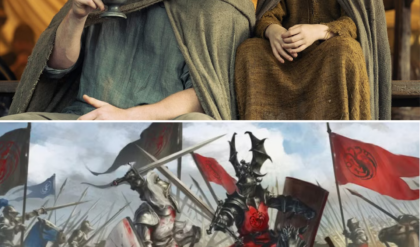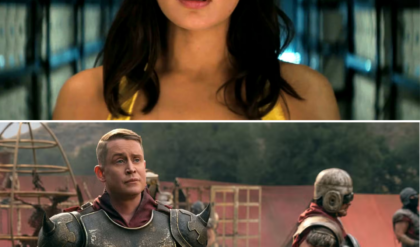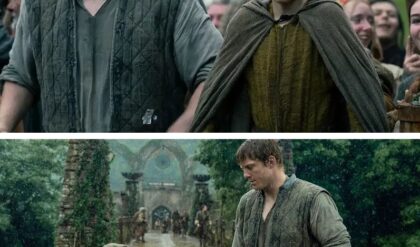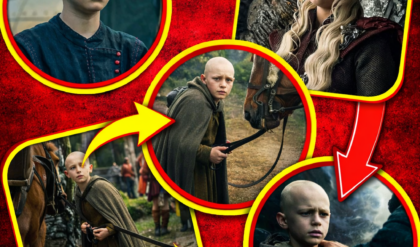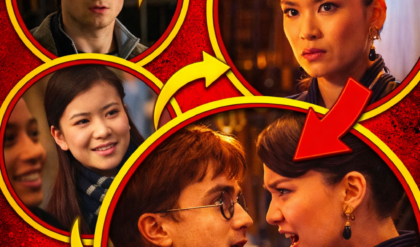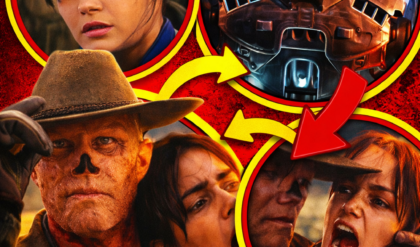Two feudal Japan epics clash—will the lone ronin’s poetic vengeance crush the dual assassins’ shadowy intrigue, or is history’s blade sharper than myth?
Gamers are divided: One boasts smarter AI and heartfelt quests that hit like a katana strike; the other dazzles with stealth mastery and vast maps hiding ancient secrets. But only one can claim the throne—which one’s rewriting the rules? Uncover the verdict here: ⚔️🏯
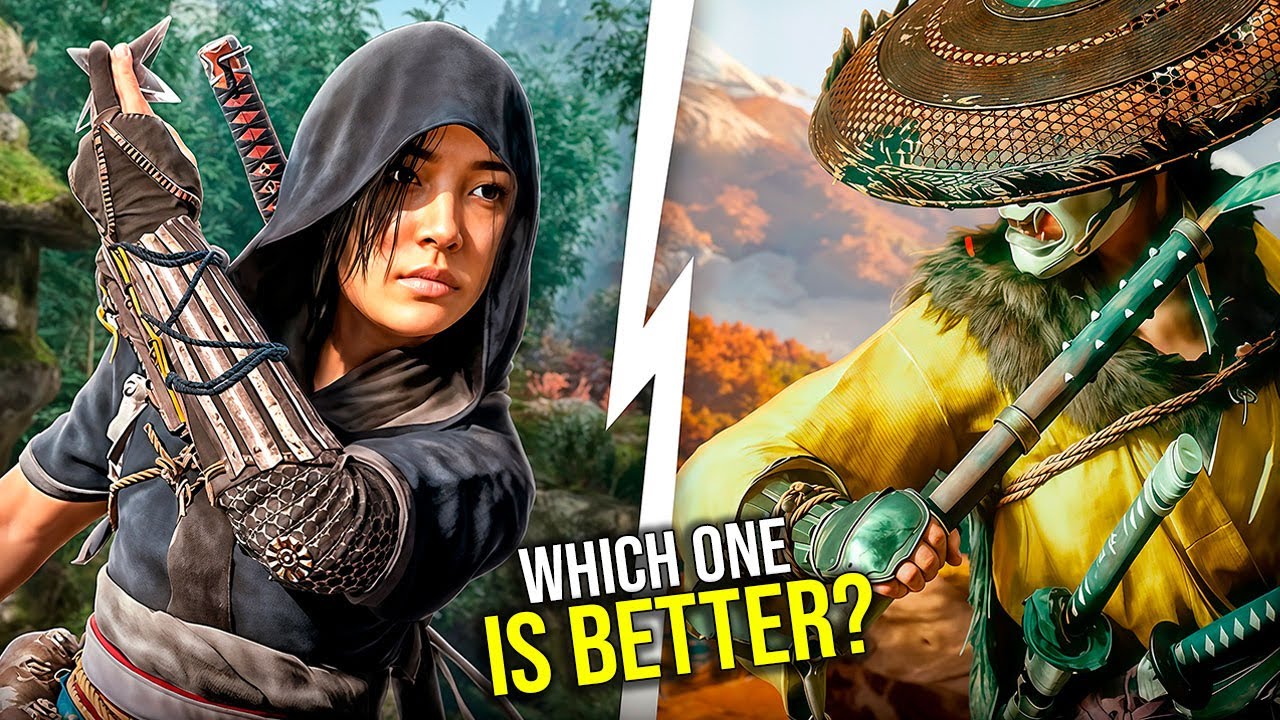
In the crowded arena of open-world action-adventures set against the backdrop of feudal Japan, two heavyweights have emerged to captivate gamers worldwide: Sucker Punch Productions’ Ghost of Yotei and Ubisoft’s Assassin’s Creed Shadows. Released just weeks apart—Yotei on October 2 for PlayStation 5 and Shadows on February 14 after a delay from its original November slot—these titles have sparked endless debates across forums, social media, and review sites. Both draw from Japan’s rich history and mythology, pitting lone warriors against overwhelming odds in stunningly realized worlds. But which one edges out the other? This head-to-head pits their stories, gameplay, visuals, and reception against each other, drawing from critic scores, player feedback, and hands-on analysis to declare a victor—or at least highlight why the choice might boil down to personal taste
A Tale of Two Eras: Story and Characters
At the heart of Ghost of Yotei is Atsu, a female ronin sellsword driven by a 16-year-old vendetta against the Yotei Six, the outlaws who massacred her family. Set in 1603 around Hokkaido’s Mount Yotei (then called Ezo), the narrative weaves personal revenge with themes of honor, loss, and the supernatural, including onryo spirits and yokai folklore. Critics praise its emotional depth—Atsu’s arc feels intimate and poetic, bolstered by side quests that tie into her backstory, like composing haikus at altars or following golden birds to hidden lore. The writing draws from Akira Kurosawa’s cinematic style, with black-and-white filters enhancing dramatic standoffs.
In contrast, Assassin’s Creed Shadows unfolds in 1579 during the Sengoku period, following dual protagonists: Naoe, a stealthy shinobi assassin, and Yasuke, a historical African samurai serving Oda Nobunaga. The story intertwines Templar-Assassin lore with real events like the Honno-ji Incident, exploring themes of unity, betrayal, and cultural fusion. Ubisoft’s approach emphasizes historical accuracy, with recruitable allies and branching paths based on player choices. However, some reviewers note the narrative feels bloated, with repetitive assassinations diluting the emotional stakes.
Player opinions on X highlight Yotei‘s stronger character development—Atsu is “compelling and relatable,” per one user—while Shadows shines in diversity, with Yasuke’s brute force contrasting Naoe’s agility. Overall, Yotei takes the edge for a tighter, more impactful tale, though Shadows appeals to history buffs.
Swordplay Showdown: Gameplay and Combat
Combat is where these games diverge sharply. Ghost of Yotei refines Tsushima‘s fluid system with five weapons—katana, spear, naginata, dual swords, and tanto—plus a quickfire gun and bow. Parries heal, stances counter enemy types, and “Ghost Stance” terrifies foes into submission. AI is aggressive and coordinated, forcing tactical shifts; environmental interactions, like hurling jars or using wind for guidance, add layers. Stealth is viable but secondary, with charms customizing builds for tanky parries or ranged sniping.
Assassin’s Creed Shadows innovates with dual playstyles: Naoe’s parkour-heavy stealth includes turning off lights and using gadgets like kunai, while Yasuke’s combat favors heavy combos and grapples. The series’ signature synchronization points and eagle vision return, alongside base-building and ally recruitment. Critics laud the stealth as “sophisticated,” but complain of repetitive missions and less intelligent enemies.
On X, users favor Yotei‘s “brutal and satisfying” fights over Shadows‘ “clunky” encounters, though Shadows wins for variety in co-op-like ally mechanics. Yotei feels more polished, but Shadows offers deeper customization.
Worlds Apart: Open World and Exploration
Yotei‘s Ezo is a compact yet dense map of blizzards, volcanoes, and cherry blossoms, encouraging organic discovery via wind guides, fox dens, and hot springs. Side activities like dueling trees and zeni hajiki mini-games feel meaningful, tying into upgrades without bloating the experience. Fast travel is plentiful, and scavenging yields resources efficiently.
Shadows‘ Japan is vast—spanning Kyoto to rural villages—with dynamic weather, destructible environments, and spy networks for intel. Exploration rewards historical artifacts and parkour challenges, but the scale leads to “filler” content like endless collectibles. Contracts are criticized as grindy, unlike Yotei‘s handcrafted boss fights.
Feedback on platforms like Reddit leans toward Yotei‘s “beautifully stylized” world over Shadows‘ “limiting” one, though Shadows impresses with sheer size.
Category
Ghost of Yotei
Assassin’s Creed Shadows
Winner
Story Depth
Emotional, focused revenge arc
Historical fusion with choices
Yotei
Combat Fluidity
Precise parries, weapon variety
Dual styles, gadget-heavy
Yotei
Stealth Mechanics
Solid but secondary
Advanced, environmental
Shadows
World Size
Compact, dense
Vast, detailed
Draw
Side Content
Meaningful, unique
Repetitive, grindy
Yotei
Customization
Charm-based builds
Ally recruitment, gear
Shadows
Visuals and Tech: Beauty vs. Scale
Graphically, Yotei stuns with stylized art—vibrant seasons, dynamic lighting (though flatter than rivals), and PS5-exclusive features like haptic feedback for sword clashes. It’s optimized for performance, with minimal bugs post-launch.
Shadows boasts superior technical graphics: ray-traced lighting, destructibles, and a massive draw distance, but PC ports suffer from optimization issues, earning a lower Metacritic there. Comparisons highlight Shadows‘ realism vs. Yotei‘s artistic flair.
Critical and Player Reception
Metacritic tells part of the story: Yotei sits at 87 (PS5), praised for evolution over Tsushima‘s 83. Shadows averages 82-84 on consoles, 77 on PC, with mixed reviews on pacing but acclaim for innovation. OpenCritic echoes this, rating Shadows “Strong” at 81.
X users overwhelmingly prefer Yotei—posts call it “smokes Shadows in every facet”—though some defend Shadows‘ difficulty and map. Sales data is early, but Yotei moved 2 million units quickly, outpacing Shadows‘ launch amid controversy.
The Verdict: A Clear Edge, But Room for Both
In this ultimate showdown, Ghost of Yotei emerges superior for its refined gameplay, emotional storytelling, and meaningful world—proving Sucker Punch learned from Tsushima to deliver a masterpiece. Assassin’s Creed Shadows holds its own with innovative stealth and historical depth, appealing to fans of vast epics. Neither is perfect—Yotei lacks Shadows‘ scale, and vice versa—but for pure engagement, Yotei reigns supreme. As one X poster put it, “It’s like the A+ paper vs. a passing grade.” Gamers, the choice is yours: stealthy shadows or ghostly vengeance?
